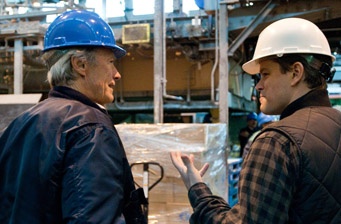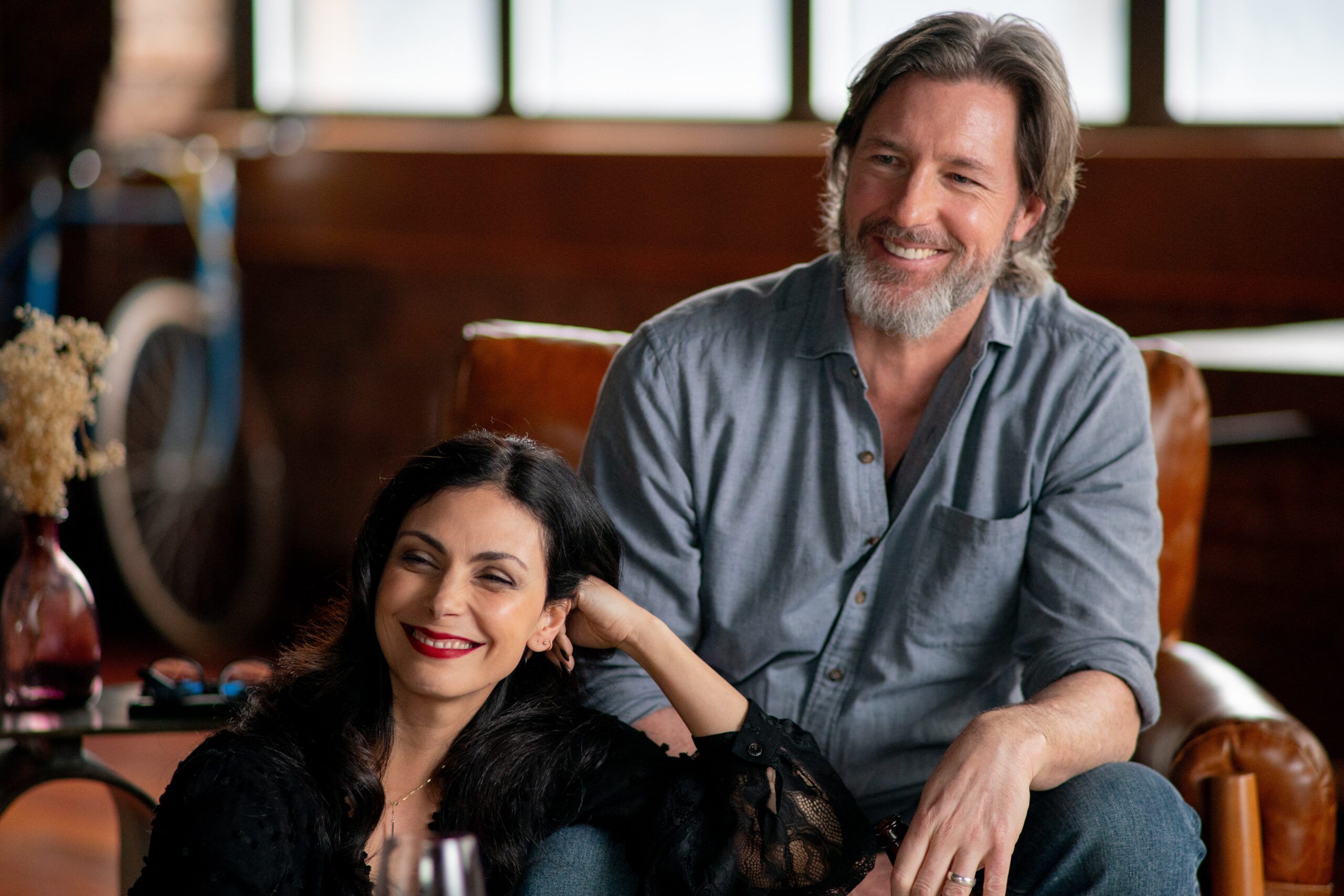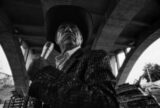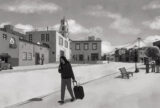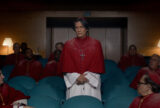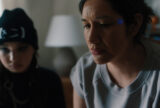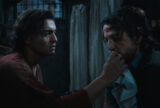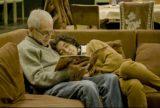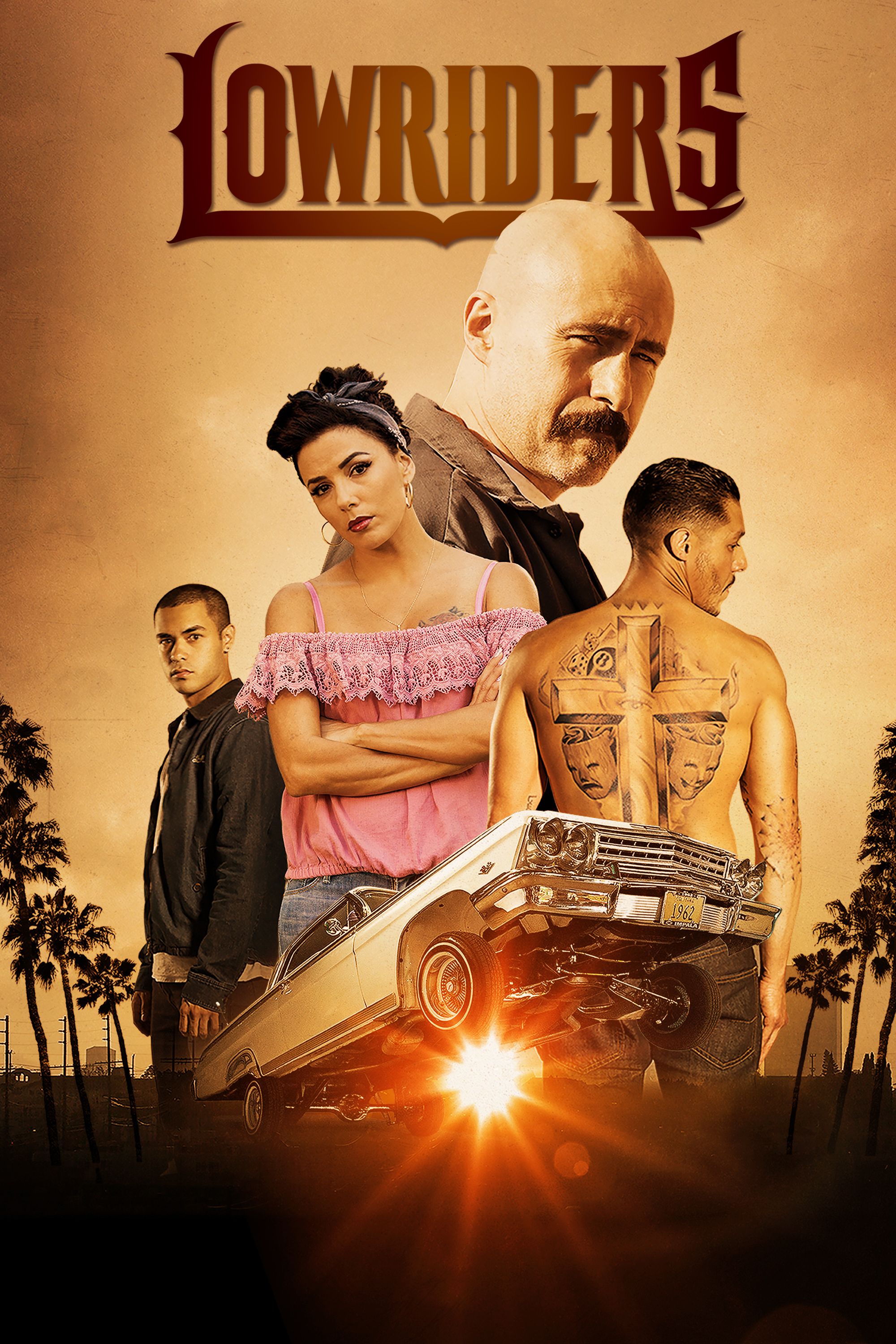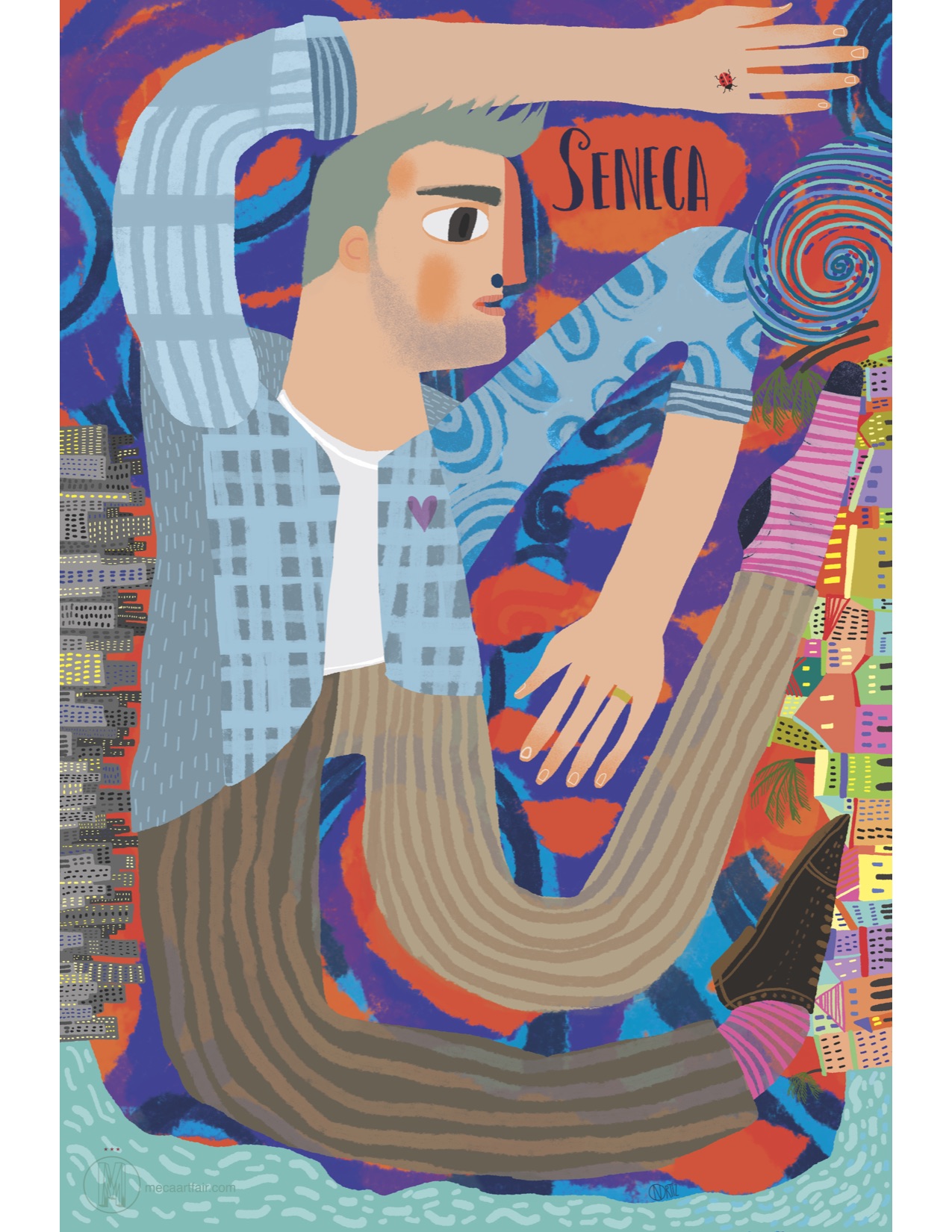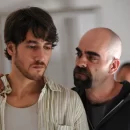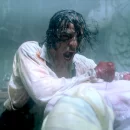10.13.2010 | By Karen Posada |
ShowBizCafe.com got a chance to catch up with Clint Eastwood the director of the film “Hereafter” and the main star, Matt Damon. This was the closing film for the 48th New York International Film Festival. They told us a little bit about the film and how they prepared for it, we received a joyous interview where they complemented one another’s answers; with their pleasant personalities, we got a couple of laughs and plenty of information about the dramatic film which brings the story of three people from different sides of the world into one wholesome storyline that is moving and touching.
ShowBizCafe.com (SBC): Mr. Eastwood, does it seem to you that sometimes there are similar themes in your films? Also, what are your thoughts on staying relevant as a director?
Clint Eastwood (CE): I like to think there are different themes in every film. I don’t know if there’s an ongoing theme; is that what you are suggesting? I think everything to me is spontaneous. ‘Unforgiven’ is an example of a script I liked right away. I said, “This is great, but I’d like to do this when I’m older.” So, I stuck it in the drawer for 10 years and then took it out. Other projects have just come to me. ‘A Perfect World’, some are just whatever, they just sort of fall, and I have no real rhyme or reason. I wish I could give you some sort of pseudo-intellectual thing. If this was a French cinema class, I’d have to fake something. laughs I’m not really the person to ask on that. If I start evaluating myself, I’m afraid that I would be afraid to not be able to think intelligibly of every project at various meetings.
Matt Damon (MD): I actually asked a similar question of him on ‘Invictus’, but it was about directors as they got older: “Why was it that they historically seem to fall off?” Right? I said, “What is that?” I remember asking him because he’s obviously completely avoided that. laughs (CE cuts him off and says “not so fast”). He thought about it for 10 seconds and then said, “I don’t know,” he said, “it doesn’t make sense to me.” It never did to me either because presumably the older we get, the wiser we get, the more knowledge about filmmaking, the more different kinds of films you’ve made. You know this one had stuff, that whole CGI thing he kind of just plowed into it with utter confidence, and that sequence is incredible; so, it is kind of mystifying to me that people historically, the great directors too, not all of them but many of them, kind of fell off as they got older, and it never really made sense to me. So, I asked that question of him.
CE: Well, it seems like most, I was always shocked. I knew Frank Capra a little bit and I spent some time with him at Cayuga Lake, where he lived in the summertime, and he was always so bright, and I just always thought, “Why isn’t this guy working?” I also knew Billy Wilder somewhat, and he had actually stopped working in his sixties, and I thought, “God, that’s amazing, here’s a guy who’s bright and lived well into his 90’s and didn’t work.” I never could understand that. I figure your best years should be at a point when you’ve absorbed all this knowledge; now maybe they just didn’t keep up with the times, or they picked stories that didn’t work. I have a few pictures that didn’t do so well, and all of a sudden, you know, people are very fickle. Things in Hollywood are very fickle, and they kind of move on. There is a Portuguese director who is still making films at over 100 years old, and I plan to do the same thing. everyone laughs and claps
SBC: Could you speak about the two young twin brothers in the film and what it was like working with them for the two of you?
MD: Well, he cast them, and I remember talking to him during the process, and he said he found… I mean, I think we were pretty resigned to the reality that we’d have probably non-actors because obviously, you are looking for an 11 or 12-year-old kid, so you are not going to find like a Juilliard graduate. Clint just loved their faces. I remember talking to him and saying, “You know, the faces of these boys are terrific, they seem to be from the same neighborhood as their characters and they are non-actors.” They shot the first two stories without me, so I would kind of get reports on how the boys were doing, but obviously, when it came down to the scene we did together, there’s a lot made of the few takes Clint does, but he does the number of takes that are required. We both went in that day going, “We are really going to have to get this from these guys,” and one really smart thing that Clint did was that he interchanged the twins, even if he was only going to use one of them, he let them both do the scenes.
So, that I think took a lot of pressure off both the boys. For that scene, it allowed us to play them off one another. I would get one of them aside and get all of this information like did his brother have a girlfriend or little things like whose farts were the stinkiest’; things that they would think were funny. laughs Then while the camera was on them, Clint and I would ask them to reveal these things so that we got real reactions out of them, and just little tricks like that just to help them, because movie sets can get tense, and people can get nervous pretty easily, never on his sets, but that’s all by design, and he kind of created an environment where those kids wouldn’t know that they really shot a movie. I think they had a really good time, they’ll probably be surprised when they see the movie.
CE: You know, the interesting thing with child actors is they, kids are natural actors, they are wonderful actors, and most kids are acting all the time. They are out in the yard playing, and they are imagining and can get very vivid. Unfortunately, once they’ve been organized into acting and somebody says, “Come on… no, do it this way,” and I’ve watched many times over the years in other films where a director will try to undo a lot of bad habits that have been instilled. So, when I looked at young kids for this picture, I took the two that were the least experienced; in fact, they had to have no experience, they’d never been on a film before, they said they had been in some grammar school plays, but I doubted that, laughs but they had the faces.
I’m one of those guys that if you cast a film correctly, that’s with professionals or amateurs, you are probably 40% there. If you’ve cast a film incorrectly, you are going to be fighting an uphill battle, but these kids, I just figured I could pull things out of them without them knowing it, better than trying to get somebody organized. We auditioned about 3 or 4 sets of identical twins, they looked great, but there was a lot of acting going on, and I said, “These guys have the right face, and their accents are from the right neighborhood,” they had certain aspects that these kids needed to have built into their system so we didn’t have to do anything, they didn’t have to get in there to act like something else that they weren’t.
SBC: How did you prepare for the film? Did you do some research?
CE: The film raises a lot of questions, but that is just like Peter Morgan (screenwriter) was saying, that the questions are where it ends, you pose the questions, and it’s up to the audience to meet you halfway and think about it in terms of their own lives; what their thoughts are or what experiences they might have had. They may be some near-death experiences out there, and it’d be interesting to see what the answers were, but they are going to have to come up with all the answers. As far as the technical thing, you know, like doing the tsunami, I took all the amateur footage shot on that particular tsunami when it was happening, we took that and used it as our influences to get going, but everything else has to be in the imagination of the performer, and I know everybody has a way of preparing; I just allow everybody to do that on their own, and then if something isn’t working, then that’s another thing. If you have people that do that inner research, they bring that to the table. I’m a firm believer in research, but I’m also a firm believer in utilizing the instincts that are within you, wherever they reside.
MD: It was just a terrific script too, it was really tight. Whenever anybody asks me that, I just say, “It’s just a very tight script,” and it read like a play, in a sense that sometimes when you do a play, you don’t have to do anything, you explore the material, and every answer you need is there. I’m somebody that does a lot of research normally on my own, and I didn’t feel… I mean, for one, as Peter said, I didn’t want to go down the rabbit hole, you know. laughs If somebody was recommended to me, you know, this guy is fantastic,’ then I would have gone and spoken to him, but nobody like that came up; it was all really all on the page in terms of getting ready… I had to do some forklift training, that was about it. laughs

